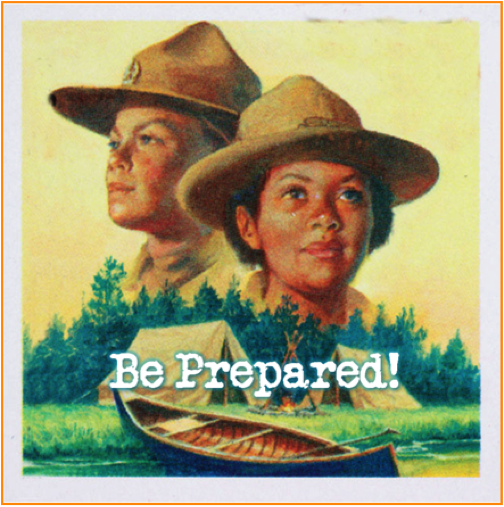Course Summary
Greg Berlanti, a producer, writer and director once said, “It takes a certain strength to be patient and have a plan.” Reaction is a reflex. It is easy to do at the time. That does not make it the right response. By definition, it happens quickly and generally without time for thought.
The proactive person exercises more control over their life. If you look back, it’s likely that you can think of occasions when you acted on a decision or responded to an event that you would now respond to differently if you had gathered more information or taken more time.
There are inevitable surprises in life and they can add color and freshness to our routines. Your mission is to know what kinds of decisions or events could offer either opportunities or regrets. Then, regardless of what you set your sights on, you can follow the Boy Scout’s motto to “Be Prepared.”

Discussion Questions
Discussion questions are used by workgroups who are taking courses concurrently and want to engage in a conversation about the course content. The use of discussion questions is optional.
- Do you see yourself as proactive or reactive? Why do you see yourself that way?
- Describe your process of planning for changes. How do you spend time planning for positive possibilities? How do you spend time planning for negative possibilities?
- Describe a time when you had an urgent situation that on reflection, you realize you could have been better prepared for.
- Do you use lessons learned from past situations when you faced unexpected change? If so, how do you incorporate that into future planning? If not, could such a process benefit your company? How would you develop such a process?
- What kind of training do you provide for employees to help them anticipate both negative and positive change? This could be to anticipate both positive and negative changes.
Rating
Give us a score from 1 to 10 on the content of this course. Higher scores indicate a better course.
[ratings]

